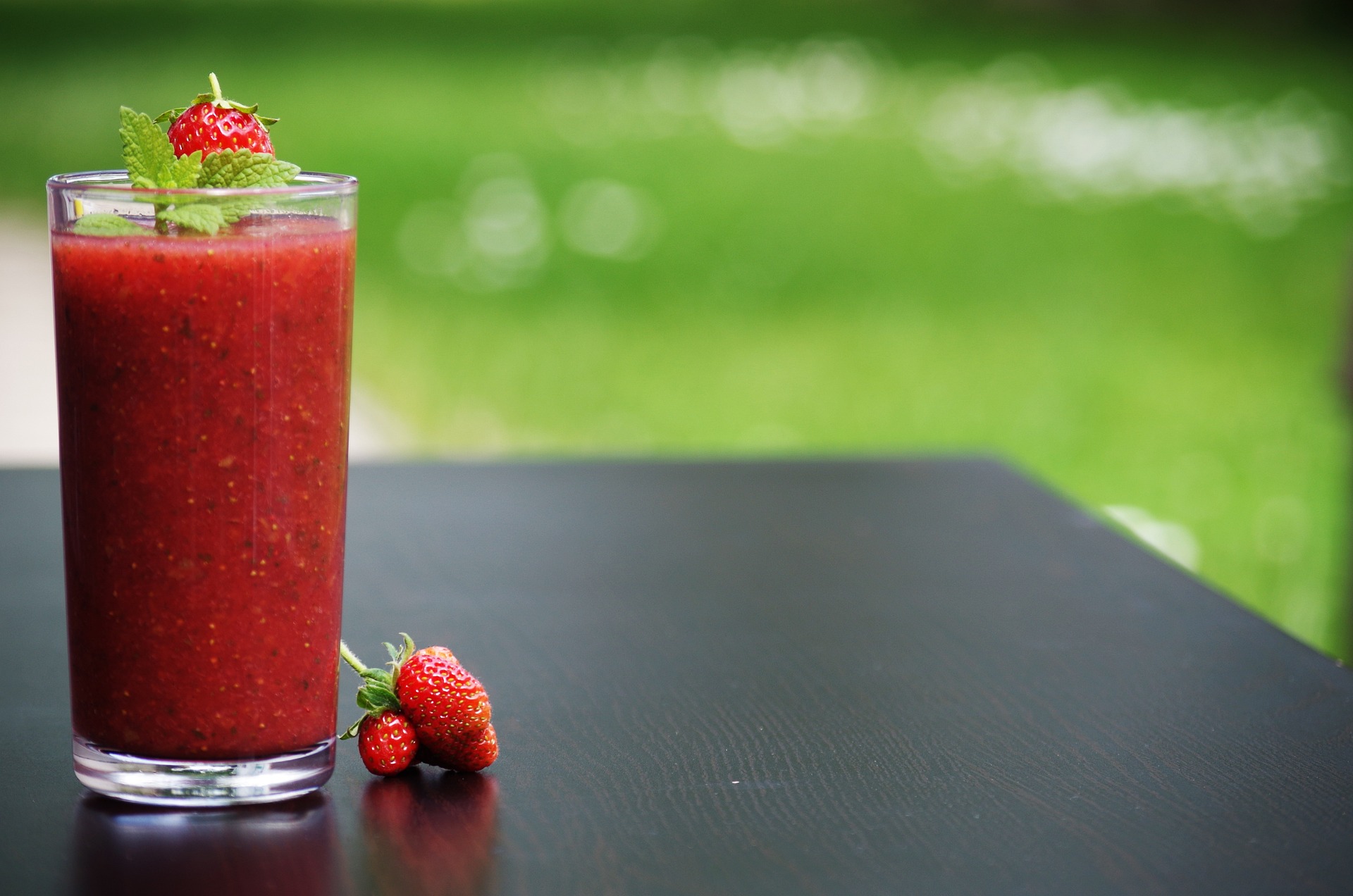Spicing Things Up: The Rising Popularity of Tunisian Cuisine
As the world becomes more interconnected, our palates are expanding and new cuisines are rising to prominence. Among them is Tunisian cuisine, a vibrant culinary tradition that's taking the gastronomic world by storm. Let's dive into this delightful cuisine and discover why it's winning hearts - and stomachs - worldwide.
The Allure of Tunisian Cuisine
Tunisian cuisine is a delightful blend of Mediterranean flavors with a unique North African spin. It is characterized by its bold use of spices, fresh ingredients, and a diversity of flavors. The cuisine is marked by its reliance on locally sourced produce, which includes tomatoes, peppers, olives, and fish, as well as a variety of spices like harissa, caraway, and coriander.
The Cornerstones of Tunisian Dishes
Tunisian food is hearty and satisfying, with dishes like couscous, brik (a type of pastry), and shawarma being staples. Their national dish, “Couscous,” is served with a variety of accompaniments, including vegetables, chickpeas, lamb, or fish. Another popular dish is “Lablabi”, a comforting chickpea soup seasoned with cumin, garlic, and olive oil.
The Drinks of Tunisia
Tunisia’s beverages are as diverse as its food. “Thé à la menthe” or mint tea is a popular choice, often enjoyed with a side of sweet, flaky pastries. Tunisians also enjoy “Boukha,” a fig-based spirit that is typically served straight or used in cocktails, showcasing the country’s innovative approach to traditional drinks.
Sweet Treats and Tunisian Desserts
Tunisian desserts are a delightful mix of Mediterranean and Arabic influences. “Makroud”, a semolina-based pastry filled with dates and soaked in honey, is a crowd favorite. Another popular treat is “Asida”, a sweet porridge often served during celebrations.
Tunisian Cuisine: A Blend of Tradition and Innovation
While Tunisian cuisine is steeped in tradition, it is not afraid to innovate. Chefs are increasingly experimenting with Tunisian ingredients and techniques, creating fusion dishes that marry Tunisian flavors with international cuisines. This spirit of innovation is a testament to the dynamic nature of Tunisian cuisine and its ability to adapt and evolve.
Fun Facts and Tips about Tunisian Cuisine
-
Tunisian cuisine makes frequent use of olive oil, which is known for its health benefits.
-
Harissa, a spicy chili paste, is a key ingredient in many Tunisian dishes. It can be adjusted to taste, allowing you to control the spice level.
-
Tunisian meals often start with a variety of salads, followed by a main dish and a sweet dessert.
-
Tunisian cuisine is rich in seafood, thanks to its Mediterranean location.
In conclusion, Tunisian cuisine offers a rich gastronomic experience, blending tradition and innovation. Its diverse flavors and techniques make it a fascinating cuisine to explore. Whether you’re a seasoned foodie or a culinary novice, there’s something in Tunisian cuisine to tantalize your taste buds. So why not spice up your meals and give Tunisian cuisine a try? You might just discover your new favorite dish!





